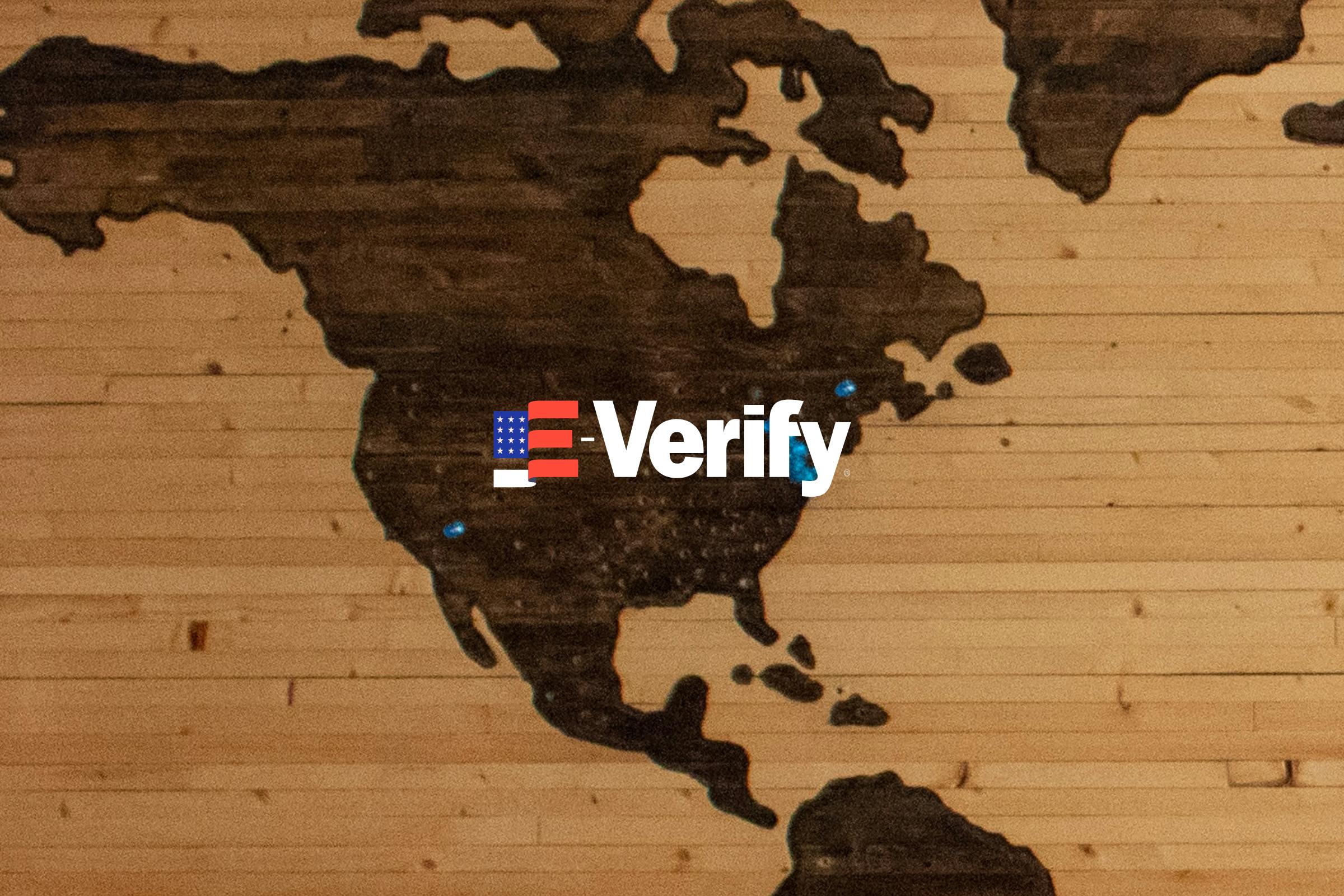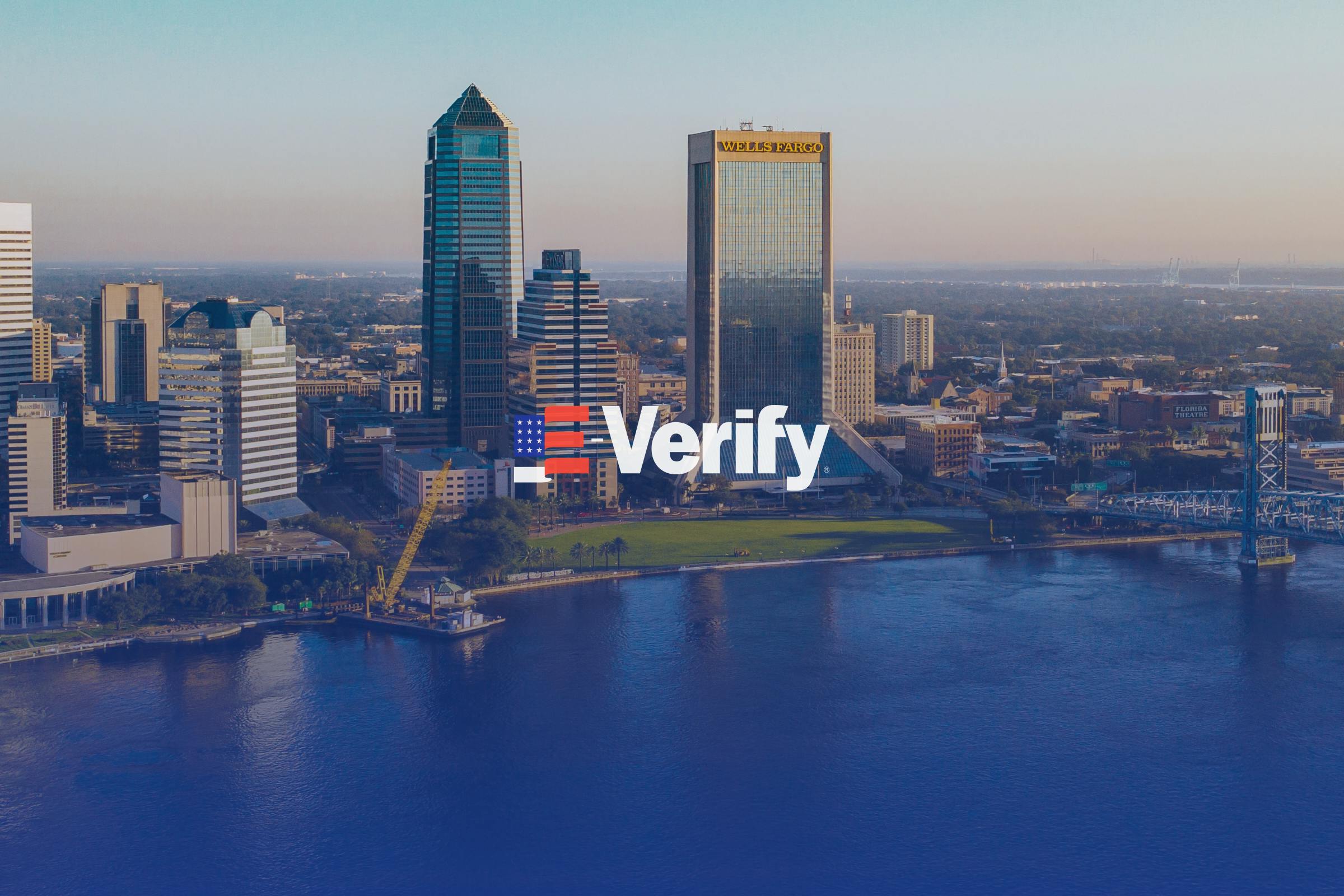While it is clear that you will need to pay annual taxes if you are living in the U.S. as a legal permanent resident (green card holder) it is less clear what the rules are for non-immigrants who live in the U.S. on a seasonal basis for temporary employment. With that being said, should temporary residents be liable for U.S. taxes without reaping the benefits of such tax revenue collected? In this blog, we will examine whether or not non-immigrants who are in the U.S. on H2B visas should legally comply with tax law, or if they are exempt from paying taxes.
Tax Treaties
First off, there are general rules that apply for both immigrants and non-immigrants when it comes to the IRS and paying annual taxes. The United States has tax treaties with a number of foreign countries. The various treaties establish what the tax rate will be for that foreign national who is currently living in the U.S. under a certain legal status. Usually, residents living in the U.S. from foreign countries are taxed at a reduced rate, as in the example of H2B visa holders who are in the U.S. on a temporary basis. These reduced rates and exemptions vary among countries and specific items of income.
For a full list of the countries that have tax treaties with the U.S., please see the following link to PwC, one of the worlds leading accounting firms: https://taxsummaries.pwc.com/united-states/individual/foreign-tax-relief-and-tax-treaties.
It is a good idea to become familiar with your countries’ tax treaty with the United States to determine if your will have a reduced income tax or if you are exempt from the state tax you are living in. Every country has different rules.
Substantial Presence Test
In addition, resident aliens need to determine if they will be paying taxes in the U.S. based on the substantial presence test. This test should always come before determining your tax treaty rates. Essentially, determine if you pass the substantial presence test, and then determine what is the deal with your tax treaty/country of origin.
The rules for the substantial presence test are available on the IRS website: https://www.irs.gov/individuals/international-taxpayers/substantial-presence-test. Basically, the rule is contingent upon the amount of time you have spent in the U.S. during the current year, or the sum of the past three years combined (must be at least 183 days in total), or a combination the amount of total days you have spent in the U.S. during the current year and a fraction of the previous year. Make sure you follow the IRS formula in your determination and check your passport/I-94 Record to have the exact date you were admitted into the country.
Filing with the IRS
When it comes time to file your annual taxes, you might want to use a trusted site such as TurboTax or H&R Block. If you are having problem filing your annual taxes, you might want to hire a tax expert to file for you. This usually involves a filing fee, but you will be submitting all of your personal information to an expert who files for other U.S. citizens and has experience with tax law. You need to let whoever you hire know about your visa status, or try to hire an expert who has helped non-immigrants with their tax questions.
If you skip your tax filing and depart the U.S., the consequences might not be anything substantial, but if you were living in the U.S. and working here for approximately a year and never filed, it will absolutely hurt your chances of ever applying for a green card and also being inadmissible to the U.S. on grounds of tax evasion.














